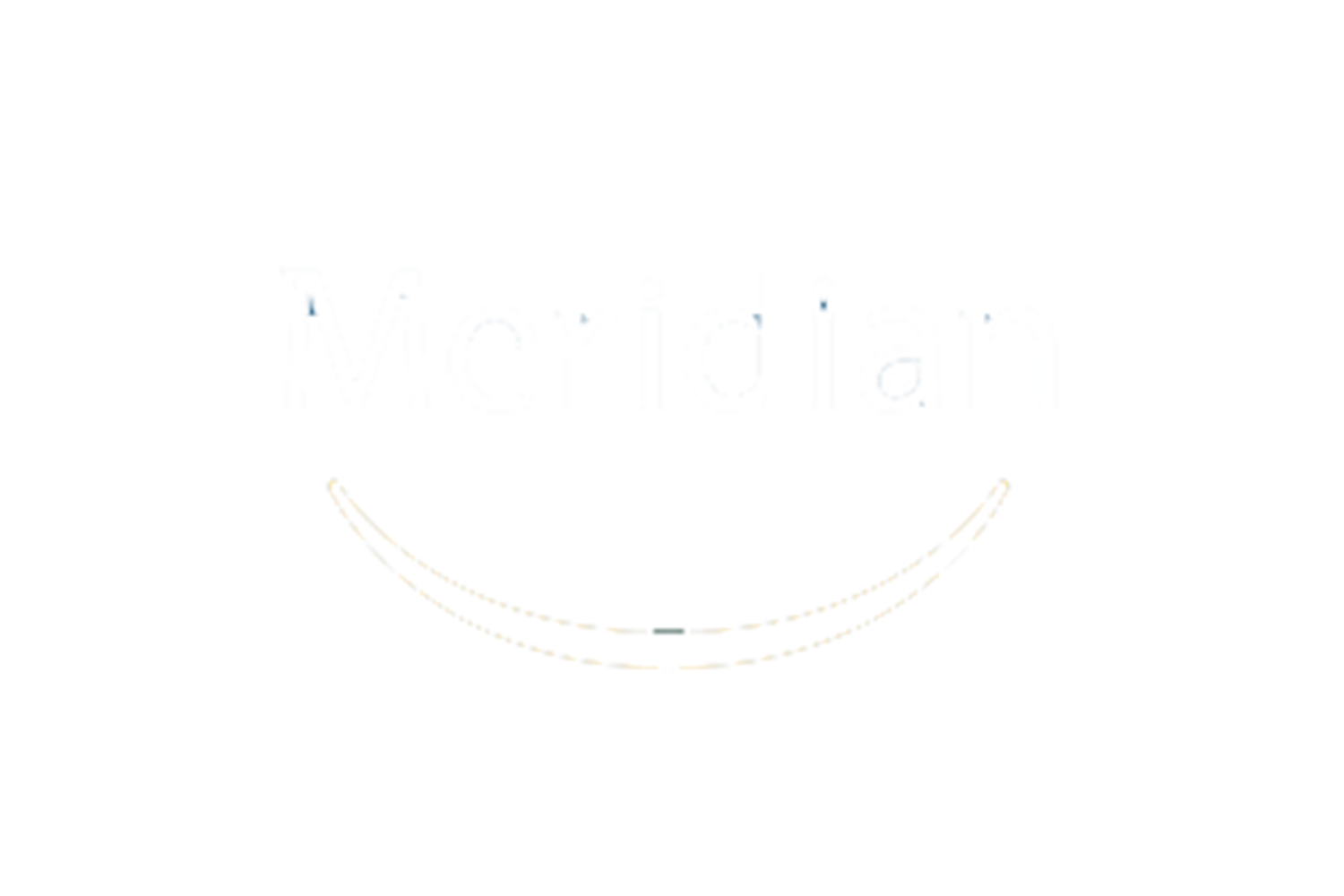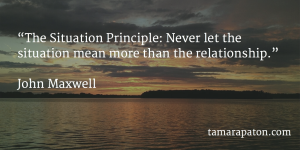

When people ask how you are doing, do you find yourself saying “Busy!” as if that is a good thing? We’ve all done it, of course. A few years ago, I decided to consciously break this habit. No longer treating busyness as a badge of honour, I started replying with “Happy to be here!” I received a few quizzical side glances, but doing so helped me make a shift.
I’m done deriving value from a sense of consistent and frantic activity. Instead, I’m investing in days that string together to yield tangible progress. When I look around at my board colleagues, the top performers are doing the same thing. Some are focused on doing fewer things very well. Others are masters at establishing and protecting boundaries. The common thread among them is their ability to focus their energy like champs.
Many readers of this blog are interested in serving on boards. The majority see it as a “someday, maybe” activity, a possibility that will surface when life isn’t so hectic. But when will that be? When will life magically slow down for any of us? If we wait until the perfect time to launch our board careers, that time will never come.
Fortunately, we can learn from and emulate my most productive colleagues. Consider three ways I see them juggle board work on top of career, family, community service, and friends.
Leaders whittle down their list of what matters
The word priority didn’t always mean what it does today. Best-selling author Greg McKeown explains how the word’s meaning has morphed over time.
“The word priority came into the English language in the 1400s. It was singular. It meant the very first or prior thing. It stayed singular for the next five hundred years.
Only in the 1900s did we pluralize the term and start talking about priorities. Illogically, we reasoned that by changing the word we could bend reality. Somehow we would now be able to have multiple “first” things.”
–Greg McKeown, Essentialism
When we speak of priorities today, we give the impression of many things having prime importance. The risk in doing so is that nothing holds our attention for long.
I struggle with this, wondering whether it’s practical to focus on one thing at the exclusion of all else. My solution lies in my one-inch square piece of paper. As I’ve described previously, one side lists the people whose opinions matter to me. The other side lists my key projects: health, boards, and thought leadership.
If an opportunity arises, but it doesn’t jive with either side of this tiny piece of paper, then I don’t do it. Television, requests for coffee dates, most in-person education sessions, non-profit board opportunities, prompt response to most incoming e-mail…all things I say no to on a weekly basis. In turn, I can say yes to serving on four boards, launching a new online business, picking up my kids after school, trail running, and writing this blog.
(For a powerful illustration of relentless focus, also consider Warren Buffett’s two-list strategy.)
Leaders allocate time in alignment with their priorities
Some top performers only need a clear sense of what matters to stay on track. With a view of their north star, they don’t need fancy tools to sustain their focus. I must admit that I’m simply not that good. Relying on a commitment to routine frees me from having to think hard about how to use my time productively.
Following the guidance of executive coach Michael Hyatt, I aspire to an “ideal week.” To the extent I have the ability to control timing, I isolate meetings and appointments to 2 specific weekdays. In each week, I dedicate another day to creative work and reserve the remaining two for board meeting attendance and preparation.
No week turns out perfectly, but I’m in a better position than I would be if I let randomness rule. If you let others dictate your schedule, you will never feel in control of your energy and productivity. Referring to the template also makes it easy to use pockets of found time productively. If I have the gift of extra time on my hands, I know I’m going to use it on one of the three projects on my one-inch square of paper.
Leaders are readers
I don’t think it’s a coincidence that most accomplished people in my life are avid readers. Despite knowing this, I still don’t read as much as I once did. Nor do I read as much as I know I should.
Seeking progress over perfection, I have developed a handful of helpful reading habits:
- Reading non-fiction in the morning: I wake up early each day to read and exercise. My brain is fresh and the house is quiet. Even if I only spend 15 minutes with a book, that time adds up over 365 days
- Reading fiction – always in print – before bed: Reading fiction signals the shut down of the analytical brain. The print format may seem old school, but it is preferable over a phone or Kindle screen prior to sleep.
- Listening to audiobooks in between: I’ve been an Audible subscriber for more than a decade. When running, driving, and doing chores, I’m always listening to a book. For an additional efficiency boost, you might enjoy Soundview’s 20-minute summaries of current business books.
What does all this have to do with your board career? Plenty. One psychologist compared the general knowledge of readers and television watchers. The readers not only knew more, but they were also better at processing information and identifying misinformation. Other studies have shown that reading fiction improves our ability to put ourselves in another person’s shoes. In other words, reading improves our judgment and emotional intelligence, both drivers of inquiry and influence on boards.
If we want to lead others, we must begin with ourselves. Focusing on impact, structuring our time, and fuelling our knowledge bank are just three ways to turn our busyness into concrete results.
Question: What habits position you to pursue what matters most? Do you have a favourite productivity hack?








